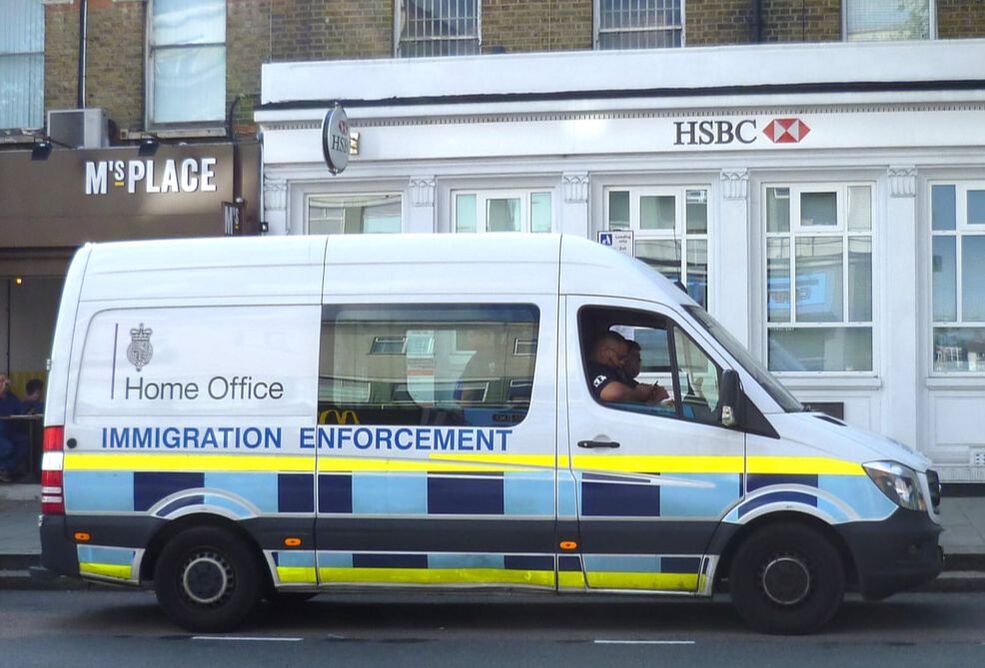|
|
|
During the 2019 debates around the introduction of the EU Settled Status (EUSS), which regulates the rights of EU citizens in the UK after Brexit, Labour MP Yvette Cooper described the scheme as a potential ‘Windrush on steroids’. The reference was to the ‘Windrush generation’ scandal, in which Commonwealth citizens, who arrived in the UK with a permanent right to stay, were classified as unauthorised migrants, deprived of the right to work, rent or access welfare, and in some cases deported. The Windrush generation scandal has focused on people who arrived from the Caribbean, and the publicly known cases and data on compensation applications show that Jamaica has been the single most common country of origin. However, it is not possible to determine precisely the extension and geographical profile of the scandal, also because of the initial refusal of the Home Office to review historical cases beyond the Caribbean to identify potential unjust treatments.
The Windrush generation scandal is mainly the result of the ‘Hostile Environment’ policy, which extends and multiplies controls of migratory status. As the Hostile Environment encourages targeting racialised groups, it can be seen as a continuation of the racism to which the Windrush generation has been subject since their arrival in the UK. The ambiguous status of those Commonwealth citizens – who arrived with British passports but less rights than the British-born, and the limited documentation of their status, made them further vulnerable to the injustices they underwent. The argument of the critics of the EUSS is that, as the status does not come with a physical document, and is digital-only, this endangers EU citizens in the UK to be in the future miscategorised and mistreated as happened with the Windrush generation. In my recent article for Identities, ‘The vulnerability of in-between statuses: ID and migration controls in the cases of the Windrush generation scandal and Brexit’, I use several documentary sources and interviews with EU citizens in the UK and British citizens in Belgium to explore the degree to which Brexit and the Windrush generation scandal pose similar questions in terms of ID and legal status.
As part of the reaction to the Windrush generation scandal and the EUSS, some political actors, particularly from the Labour Party, have suggested the re-introduction of identity cards. The UK is indeed one of the few European countries not to have identity cards, which existed briefly between 2008 and 2010 under a Labour government. Others, such as the advocacy group Liberty, have criticised such approach, arguing that identity cards increase identity controls, the risk of the state overstepping in data collection, and the risk of data breaches.
The issues of having an ambiguous status however do not stop at cases of limited documentation. The High Court has recently ruled that children born in the UK from EU citizens between 1983 and 2000, who were entitled to automatic citizenship at birth even if their parent had not obtained indefinite leave to remain, should have not had access to such citizenship, because their parents were not legally ‘settled’. In my article, I agree with the critics that ID and migration statuses are forms of population control with a negative impact, but I also show how, as long as people need ID and legal status to access rights, these will be desirable goods. A further paradox is that in the case of both the Windrush generation and Brexit, part of the vulnerability comes from being subject to less migration controls. Non-EU citizens who arrived after 1973 were subject to stricter migration controls, including visas and other requirements. These definitely made their lives harder, but at least created a record of their right to be in the country. Reducing the level of migration controls and increasing the access to rights is the main issue, but we are also faced with the paradox that the ‘Windrush generation’ and EU citizens, by being exempt from some controls, found themselves then lacking some of the requirements that were introduced later, having the general population of migrants in mind. The Hostile Environment, naturalisation procedures, and other migration control policies, are all built with the idea of verifying the compliance with migration norms of the targeted population. Such controls tend to rely on baseline migration controls and, while being exempt from these is advantageous, it can create paradoxical vulnerabilities down the line. In my interviews with EU citizens, in particular, I found both how people were uncomfortable with sharing their personal data through the smartphone-based EUSS procedure, and how they were afraid of not having a physical document to prove their status and rights at borders, with landlords, and when applying for citizenship. From this point of view, the EUSS, and digital ID in general, seem the worst of both worlds. People are still subject to extensive controls to obtain the status, but they do not hold a material proof they can use to autonomously claim rights from the state. The Windrush generation scandal has brought to a new physical ID scheme for those who arrived in the UK before 1989. The Home Office had further pledged to avoid similar situations in the future, abandoning, however, such pledge recently. As a result, the possibility of similar situations emerging down the line for EU citizens or other groups keeps open the question of how to deal with ID and legal status.
Image credit: Author's own.
Blog post by Djordje Sredanovic, University of Chester, UK
Read the Identities article: Sredanovic, Djordje. (2023). The vulnerability of in-between statuses: ID and migration controls in the cases of the Windrush generation scandal and Brexit. Identities: Global Studies in Culture and Power. DOI: 10.1080/1070289X.2023.2170607
Read further in Identities:
Tracing the circulation of emotions in Swiss migration enforcement: organizational dissonances, emotional contradictions and frictions OPEN ACCESS Nationalism after Brexit: reflections on culture, ideology and provincial space Migration and the dialogue of multiple identifications: Kurdish migrants in the tourist industry of Istanbul Comments are closed.
|
|
Explore Identities at tandfonline.com/GIDE |
|
The views and opinions expressed on The Identities Blog are solely those of the original blog post authors, and not of the journal, Taylor & Francis Group or the University of Glasgow.


